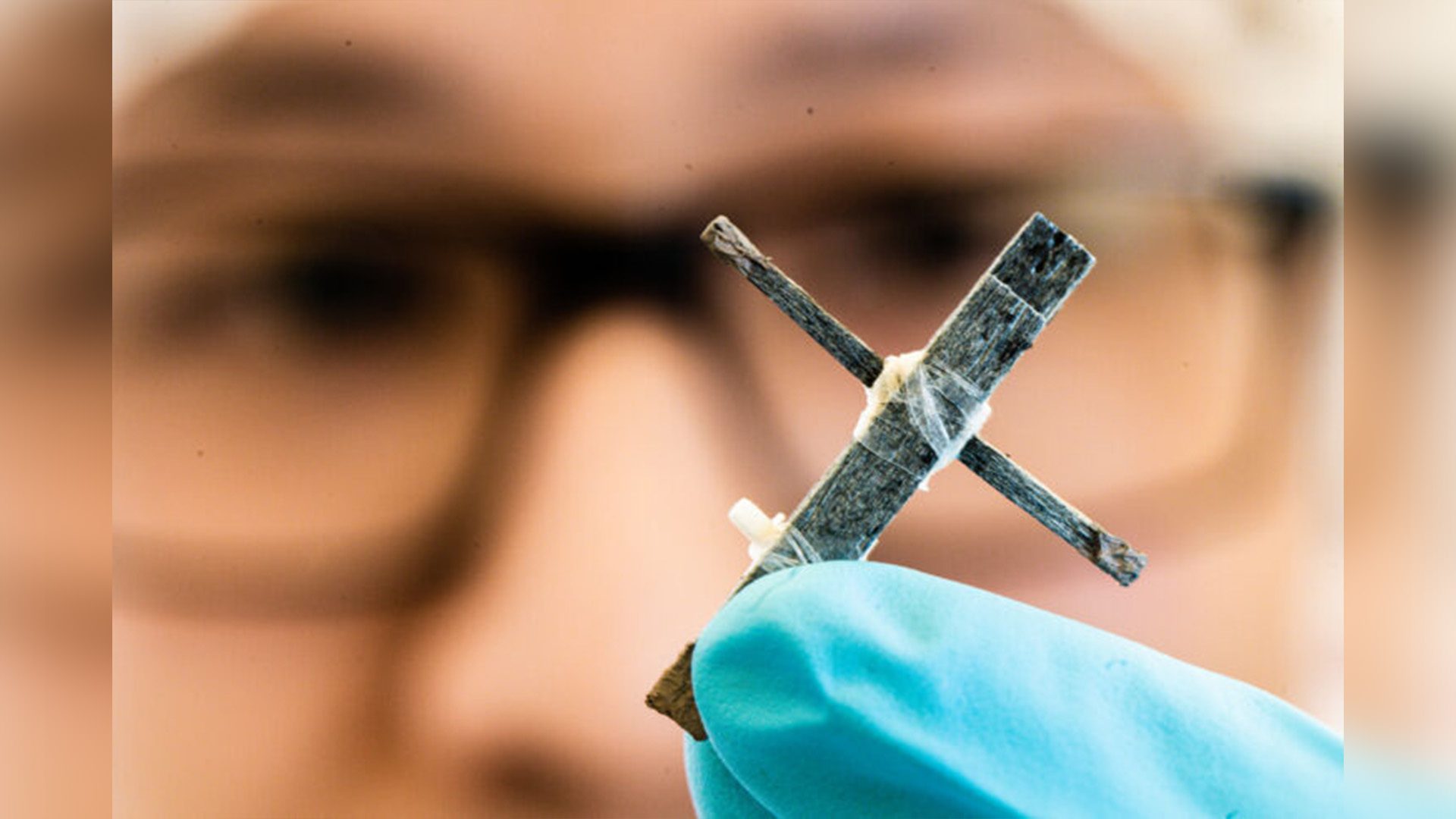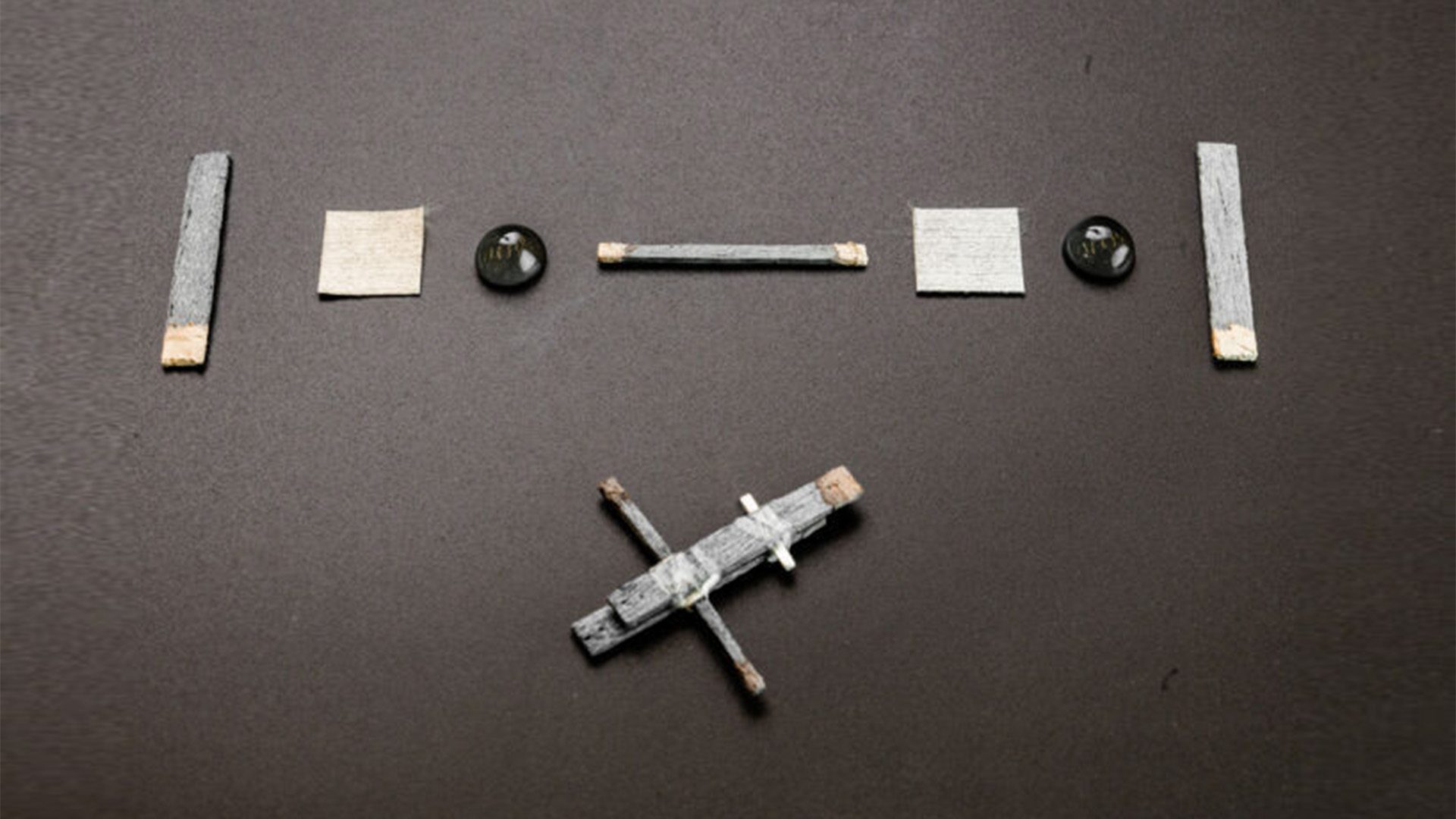Researchers at Sweden’s Linköping University and the KTH Royal Institute of Technology have developed the world’s first transistor made of wood. Their study, published in the journal PNAS, paves the way for the future development of wood-based electronics.

About the Study
Transistors regulate the current that passes through the device and can also function as a power switch. Manufactured at nanoscale, they are a crucial component of modern electronic devices.
The researchers chose balsa wood to create the wooden transistor because it is strong, lacks grain, and is evenly structured. To make more room for the conducting materials, the lignin in the balsa was removed, leaving only long cellulose fibers. The remaining structure was then coated with a water-soluble conducting plastic called PEDOT:PSS. Because the pores inside wood are made for transporting water, the PEDOT:PSS solution successfully spread through the tubes.
The result was an electrically conductive wood material, demonstrating that a wood transistor can regulate electric current and provide continuous function at a selected output level. Additionally, the transistor could switch the power on and off, which takes about five seconds.

Field of Electronic Plants
This innovative, first-of-its-kind transistor was created as a proof-of-principle effort. As Isak Engquist, a senior associate professor at Linköping University, explained, “We didn’t create the wood transistor with any specific application in mind. We did it because we could. This is basic research, showing that it’s possible, and we hope it will inspire further research that can lead to applications in the future.”
Regardless of the specific application, the transistor may be incorporated into further research in the emerging field of electronic plants. This field integrates electroactive and functional materials with plants to support biological processes such as monitoring and controlling plant development and providing better information about how plants function.
The field of electronic plants also includes bio-based electronic devices. As explained by Linköping University, “By functionalizing plants with electronic materials we aim to push the boundaries of knowledge and understand better the interface between natural and artificial.” Eventually, biohybrid technologies could be integrated into everyday technology or for future applications in things like autonomous energy and sensing systems.







